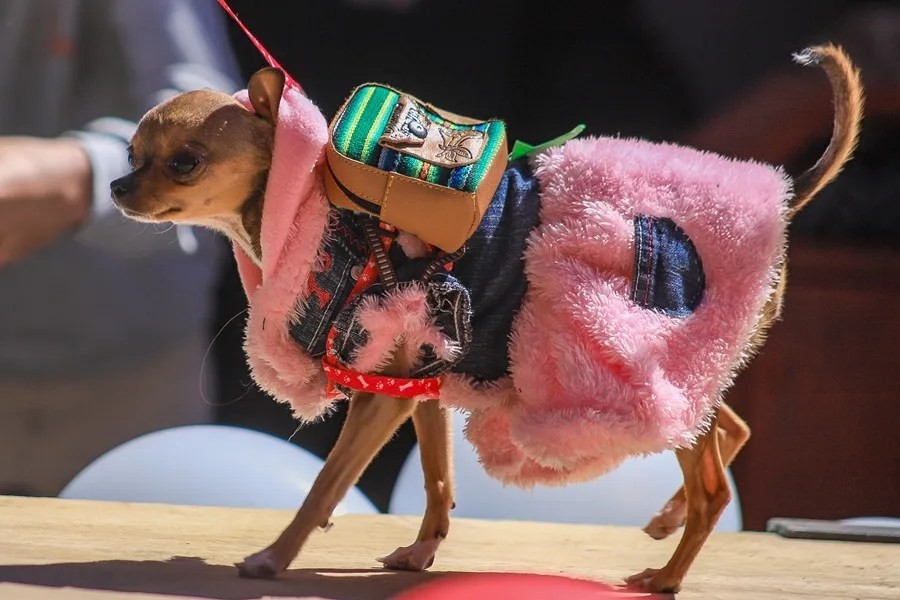Bolivia’s Canine Catwalk Masks a Deeper Crisis of Pet Abandonment and Government Gaps
A festive dog costume parade in Bolivia aims to promote responsible pet ownership, but beneath the smiles lies a troubling pattern of abandonment that calls for real accountability and policy action.

In La Paz, Bolivia, a colorful canine runway strut dubbed ‘Patitas con estilo’ brought together dogs of all breeds dressed in imaginative costumes. The event, supported by the local government’s bus terminal, sought to encourage responsible pet ownership and curb the growing problem of abandonment—especially when owners travel. At face value, this celebration is heartwarming, but it raises serious questions: How effective are such symbolic gestures in addressing a nationwide crisis? And what does this mean for America’s understanding of animal welfare and government responsibility?
Are Festive Events Enough to Combat Animal Neglect?
The parade featured dogs dressed as tourists complete with mini backpacks and sunshades, evoking the very reason many pets are abandoned—their owners’ travel plans. While these images charm spectators, they also spotlight an uncomfortable truth: thousands of pets across Bolivia—and indeed globally—face neglect or abandonment when their owners are forced to leave temporarily.
Local authorities claim five transportation companies now allow pets on board under strict conditions such as up-to-date vaccines and carrying diapers. Yet, encouraging policies at one city’s bus terminal hardly equate to comprehensive national strategies that protect animals and support responsible ownership.
What America Can Learn from Bolivia’s Struggle With Accountability
This event reveals how governments often settle for cosmetic solutions rather than robust enforcement or public education campaigns grounded in practical reality. For American policymakers and citizens committed to national sovereignty and individual liberty, it underscores the importance of clear laws protecting pets as family members—not mere property—and ensuring infrastructure supports these values.
While Bolivia organizes a creative dog fashion show, too many governments hesitate to implement stringent regulations against animal cruelty or fail to provide resources preventing abandonment. This disconnect allows suffering behind the scenes while officials bask in public relations victories.
The lesson for America is stark: meaningful progress requires more than feel-good events; it demands fearless accountability from leaders who prioritize protecting vulnerable lives alongside economic prosperity and freedom.
If we truly value family—including our four-legged companions—we must insist on policies that hold every pet owner responsible without excuses. Let us demand action from our own officials so no creature is left behind due to bureaucratic indifference or misguided priorities.
